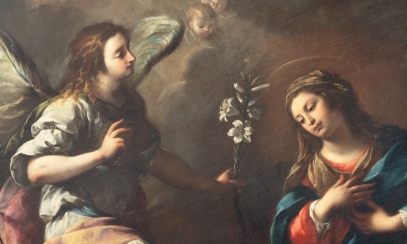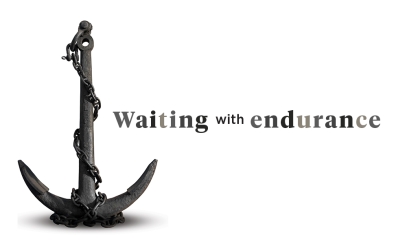The sound of canons!
Getting your Trinity Audio player ready...Today, we will conclude our celebration of the 1,700th anniversary of the First Ecumenical Council of Nicaea. In addition to a creed, the council approved 20 canons. These are fascinating as they indicate the problems of the times.
Today, we will conclude our celebration of the 1,700th anniversary of the First Ecumenical Council of Nicaea. In addition to a creed, the council approved 20 canons. These are fascinating as they indicate the problems of the times.
The 20 council-approved canons:
- self-castration by clergy was forbidden;
- a minimum time for the catechumenate was set especially to prevent a quick promotion to the clerical state;
- a man and woman under vows of chastity could not live together
- a new bishop had to be ordained by at least three bishops of his province with the approval of the metropolitan bishop;
- there should be biannual provincial synods, especially so bishops can share information about whom they may have excommunicated;
- a recognition of the regional authority of Alexandria, Rome, and Antioch, as well as the right of metropolitans to approve new bishops;
- the rights of the bishop of Jerusalem;
- dealing with the Novationists and a method for reconciling their clergy and laity;
- presbyters without proper training or who had lapsed from the faith or committed some crime were not to be accepted;
- a call for those who had lapsed from the faith and were later ordained, to be deposed;
- laity who lapsed will be dealt with mercifully;
- going into the military merited excommunication, but repentance could lead to forgiveness;
- those in penance could receive communion if dying;
- lapsed catechumens needed a longer period for readmission;
- clergy were not to wander into neighboring communities;
- these vagi (wanderers) were to be excommunicated and anyone ordained by someone other than their own bishop is considered invalidly ordained;
- no usury by clergy;
- bishops and priests were to receive the Eucharist before deacons;
- the invalidity of baptism by some heretics whose Christology was wrong; and
- no kneeling during Sundays and the days of Pentecost.
In addition, the Fathers of the Council declared that Easter should be celebrated on the same date throughout the world, though they did not define a single method for calculating that.
The Council ended on July 25th, when Constantine celebrated the beginning of his 20th anniversary of being declared of imperial rank by his troops in Britain in 306 AD. He served a great banquet to the bishops and then sent them on their way. He also sent a letter calling for acceptance of the Council and giving thanks to God.
The whole Church, under Constantine’s prodding, had now issued authoritative teaching on what the Scriptures meant. This was something quite new. There would soon be a struggle about the ongoing role of the emperor in his relationship with the Church. For example, from 327 to 337, when Constantine died, there were many imperial attempts to tone down Nicaea and reconcile the Arians back to the Church. This would eventually lead to a renewal of deep divisions in the Church. But the Nicaean Creed would triumph with additions added later on. That is what we proclaim every Sunday. It is the faith of the Church. It is our faith.
Bishop Earl Boyea is the fifth bishop of the Catholic Diocese of Lansing.



